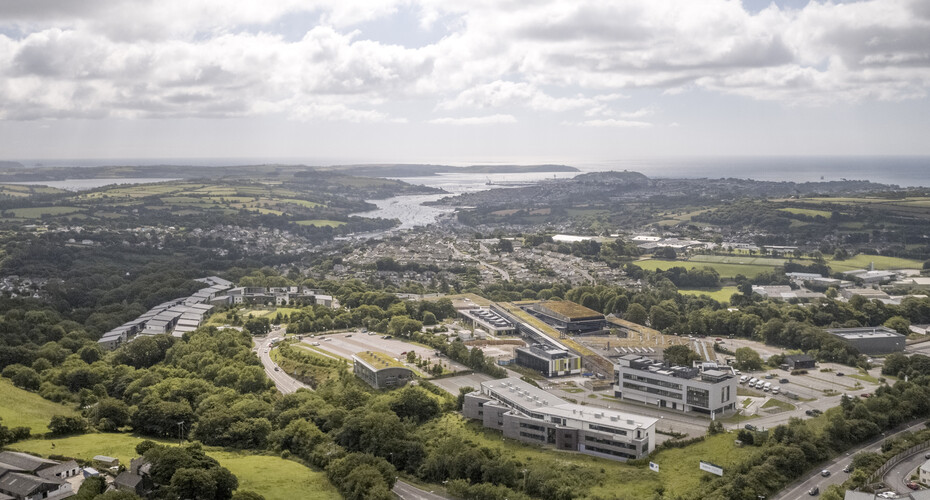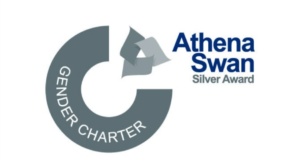Research centre to spearhead new support for Cornwall and Devon mineral mining to accelerate the Green Economy

A pioneering new research centre, designed to accelerate critical mineral extraction in Cornwall and Devon, has received a multi-million pound funding boost.
The new centre, called the Critical Minerals Accelerating the Green Economy Centreand based at the University of Exeter’s Penryn Campus, has received £4.5 million in new Government funding, it has been announced.
The centre will not only help experts address the challenges faced in sustainably securing fresh and innovative access to critical minerals – crucial for the delivery of clean and digital technologies – but will also have the potential to create 2-3,000 new jobs in the region.
The pioneering new Critical Minerals Accelerating the Green Economy Centre, based at the University of Exeter’s Penryn Campus, will help experts address the challenges faced in sustainably securing fresh and innovative access to critical minerals.
The new centre has been created in partnership with multiple businesses, including Cornwall Resources Limited, Petrolab and Geolorn, who co-lead transdisciplinary work packages, Cornwall Council and other South-West local government and organisations who have committed considerable time and resources to the proposed research and innovation.
It will help to implement the UK critical minerals strategy by accelerating commercialisation of projects for domestic production of critical minerals. It will also help towards responsible sourcing of raw materials, including rare earths, cobalt and copper, worldwide by expanding the associated industry cluster that is already operating globally.
It builds on a wide and substantial body of international and regional research at Camborne School of Mines (CSM) and well-established collaborations with other University of Exeter colleagues in the Business School on circular economy. It brings new transdisciplinary, world-leading, university applied research in ecology, sustainable investment, social studies, politics and policy to benefit innovation in the region.
Professor Frances Wall, lead investigator for the Centre said, ‘This is a wonderful opportunity focus on helping our industry colleagues accelerate all the businesses in the region related to critical minerals. We are collaborating with local government and community organisations, aiming to be an exemplar of sustainable regional development from use of our natural resources, and have global reach with our solutions.’
New mines and combined metals, heat and power in Cornwall and Devon will help secure supplies of the key ingredients needed in digital technologies and advanced manufacturing, including lithium, tin and tungsten. Each new mine will employ 200 – 350 staff in high-value jobs that are much needed, and as many as five times the number of indirect jobs.
But the exploration faces a number of challenges – which the new Centre will help address. They include technical innovation for the new types of mineral deposits, strong partnerships with the local community; the need to enhance the environment and biodiversity, and make an attractive proposition for investors, especially for the sustainable investment sector looking to invest in the green economy.
The International Energy Agency estimates that up to 40 times more lithium and seven times more rare earths may be needed by 2040 than is presently produced each year. And south west England, Cornwall in particular, has six active exploration and development companies, a history of metals mining that led the world and some 70 service and equipment companies, most of them small businesses, with a global client base.
Announcing the funding Dr Kate Hamer, UKRI Associate Director, Building a Green Future, said:
“Transitioning to a sustainable green economy is a win-win for all; it creates new jobs, new partnerships and new industries. Through investment in collaboration between researchers and innovators, we harness our collective effort across the public and private sector, driving innovation to secure the future of our environment and deliver sustainable economic growth.”



